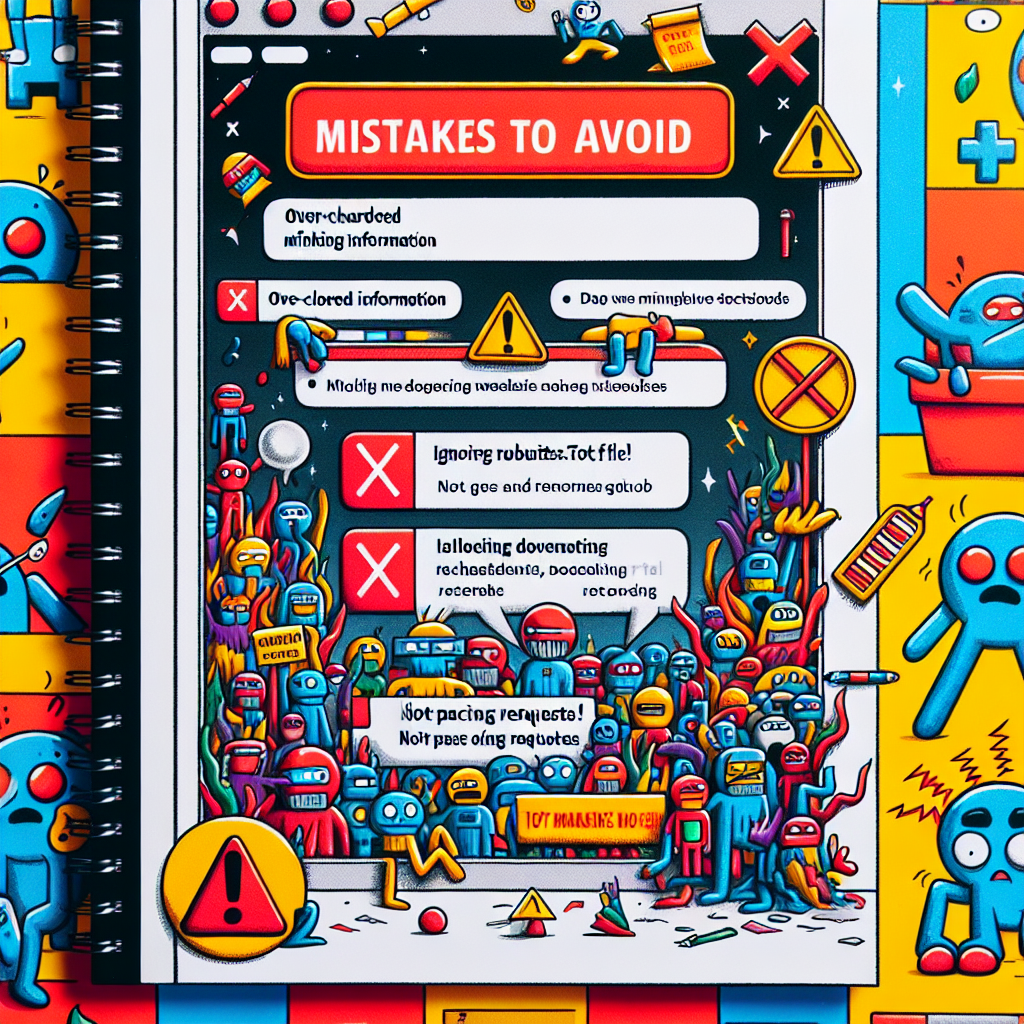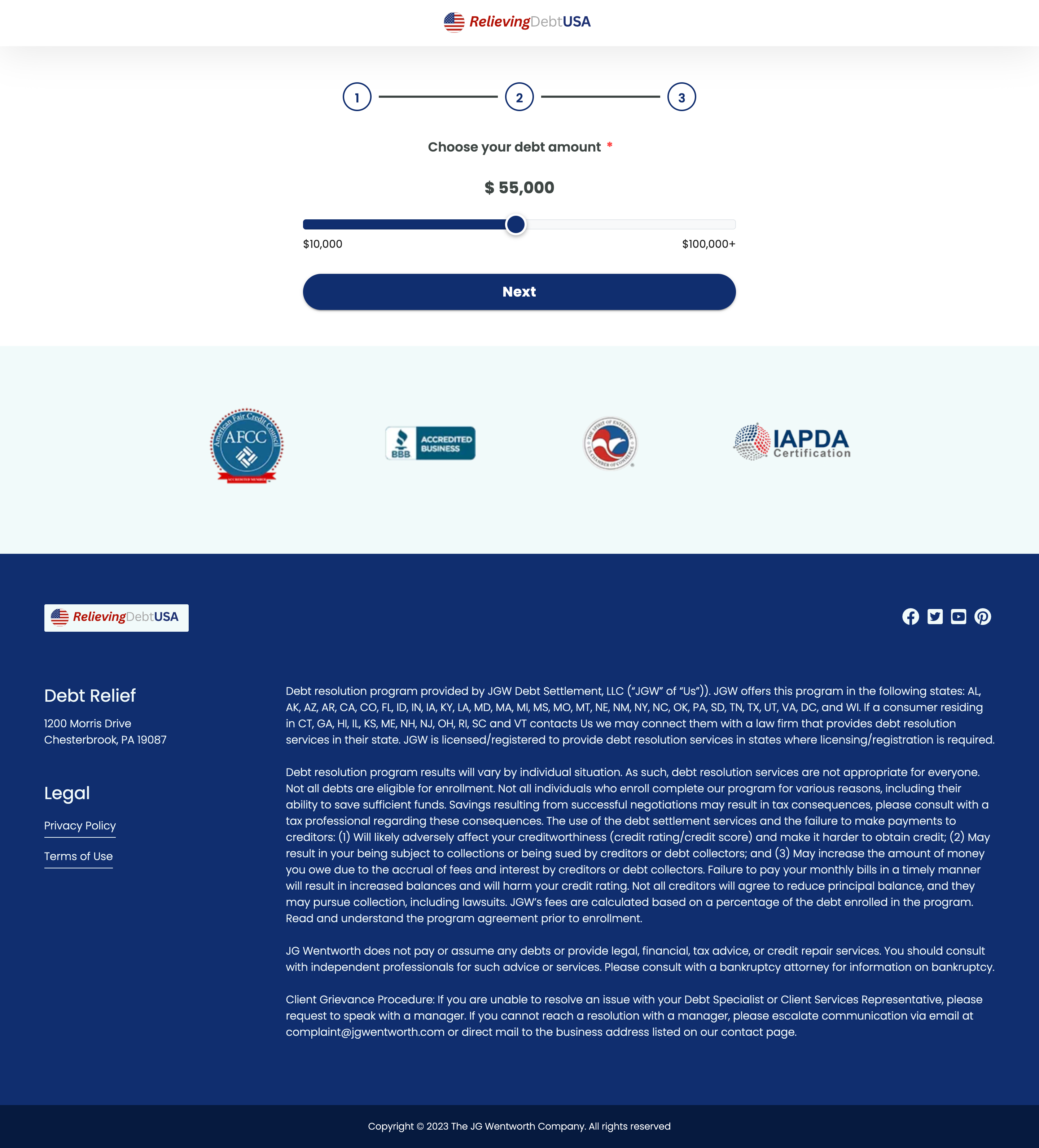Common Mistakes to Avoid When Scraping Landing Pages
Scraping landing pages can be an intricate task that demands careful consideration of various factors to avoid pitfalls. Whether you are doing it for data analysis, competitive research, or marketing intelligence, the importance of a precise approach cannot be overstated. Here’s a detailed guide on common mistakes to avoid when scraping landing pages and how to do it efficiently.
Table of Contents
- Understanding Scraping
- Legal and Ethical Issues
- Technical Challenges
- Common Mistakes in Landing Page Scraping
- Best Practices for Effective Scraping
- Conclusion
Understanding Scraping
Scraping is the process of automatically extracting information from web pages. In the realm of digital marketing, scraping landing pages is particularly advantageous for gathering relevant data, such as price comparisons, customer reviews, or content analysis, which facilitate informed decision-making.
Legal and Ethical Issues
Before diving deep into web scraping, it is imperative to understand the legalities and ethics associated with it. Scraping can sometimes cross ethical lines, especially when it involves copyrighted or personal information. Ensure compliance with CORS policies and always respect the website’s terms of service and robots.txt file.
Technical Challenges
Technical challenges arise due to different scripting languages and frameworks like Angular, React, or Vue.js that render content dynamically. These technologies often make scraping operations complex as compared to static HTML. Moreover, understanding and correctly implementing the HTTP request lifecycle is crucial to avoid being flagged as a bot.
Common Mistakes in Landing Page Scraping
Lack of Clear Objectives
One of the fundamental mistakes is not having well-defined objectives. Knowing what specific information you aim to extract and why is crucial. Without clear goals, the scraping process may result in irrelevant data and haphazard datasets that don’t serve your purpose efficiently.
Ignoring Anti-Scraping Techniques
Websites frequently use anti-scraping mechanisms such as CAPTCHAs, IP blocking, or deploying honeypots. Ignoring these techniques can lead to access issues or legal troubles. Always use mechanisms that respect the sites’ protective measures and consider the ethical guidelines in automated data extraction.
Inadequate Data Parsing
Parsing data correctly is critical to successful scraping. Employ robust parsing libraries that can handle the variation in data formats. Inadequate parsing may lead to data inconsistencies, redundancy, or even missing information, which could adversely affect the outcome of your analysis.
Improper Handling of Dynamic Content
With the rise of JavaScript frameworks, web pages often load content dynamically. Failure to appropriately manage such dynamic content leads to partial or incorrect data extraction. Utilize tools like headless browsers or libraries like Puppeteer to effectively scrape JavaScript-heavy websites.
Failing to Save Metadata
Metadata is often overlooked but is critical for a comprehensive analysis of scraped content. Ensure to save essential metadata such as timestamps, authorship, or source URLs which could enhance the context and utility of the scraped data.
Overlooking Data Privacy
Respecting data privacy is paramount. Be conscious of the data you’re scraping, especially if it contains personal information. Align the scraping processes with data protection laws like GDPR to avoid legal consequences.
Best Practices for Effective Scraping
To ensure seamless and lawful scraping, adhere to these best practices: Use reliable tools that offer necessary features to handle complex websites, regularly check and adapt to a website’s structure changes, and implement regular data validation checks to maintain quality and accuracy.
If you’re looking for a robust solution, the Landing page downloader allows users to easily capture and download landing page content. This tool simplifies the process and aids in avoiding common mishaps during landing page scraping.
Conclusion
Avoiding these common mistakes while scraping landing pages will significantly enhance the efficiency and accuracy of data collected, thus ensuring more reliable insights and analyses. By adhering to legal frameworks and leveraging the right tools, web scraping can become an invaluable asset in digital strategy and market analysis.









